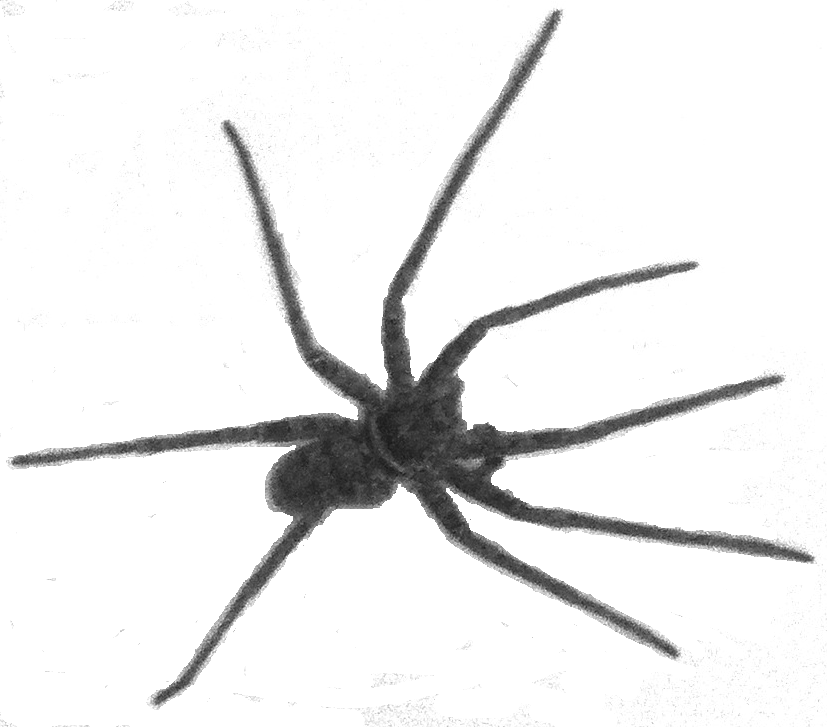Abundance: 0.10 to 96.82% (median 4.71%)
Latitudinal range: -33.9° to 45.3°Habitats: boreal forest/taiga (1), desert/xeric shrubland (2), temperate broadleaf/mixed forest (5), temperate coniferous forest (2), temperate savanna (1), tropical/subtropical dry broadleaf forest (4), tropical/subtropical savanna (2)
Found in 17 samples
Australia: New South Wales roadsides (yellow pan traps), New South Wales roadsides (white pan traps)
Brazil: Guarani das Missões, Afonso Pena International Airport (August)
Canada: Oak Savannah 3, Burnt Lands Provincial Park (woodland site: sweep nets)
Mexico: Mapimí Biosphere Reserve (nectarful trees, 1994)
United States: Bronx and East Harlem, Alice L. Kibbe Life Science Station (elevated pan traps), Cienega Ranch, Blandy Experimental Farm (pan traps), Blandy Experimental Farm (netting/observations), Oconee National Forest (mature pine herbaceous), Oconee National Forest (cleared forest)
Venezuela: Camburito
See also Apis mellifera


